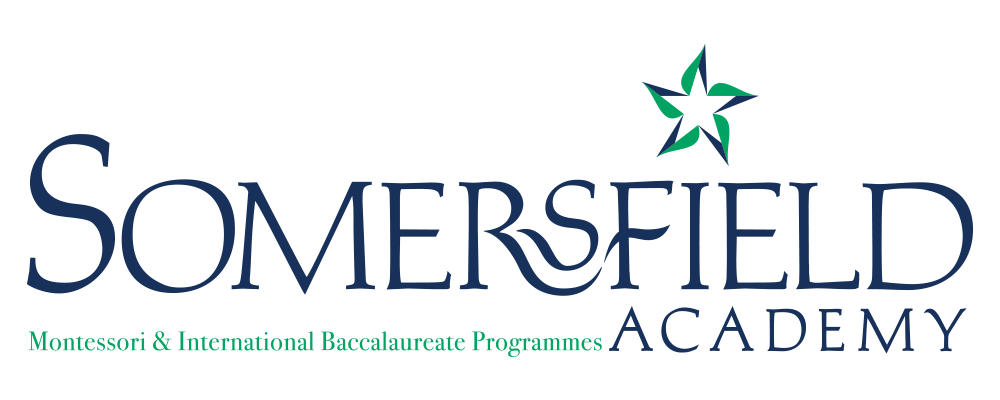The Montessori Method: Nurturing Independent Thinkers for a Bright Future
In the world of education, the Montessori Method has stood the test of time, capturing the hearts of parents and educators alike. Developed by Dr. Maria Montessori over a century ago, this child-centered approach focuses on fostering independence, exploration, and a love for learning. In this blog post, we will delve into the essence of the Montessori Method and explore the myriad of benefits it offers to children.
Individualized Learning
The Montessori Method recognizes that every child is unique, with their own pace of development and set of interests. It emphasizes individualized learning, allowing children to progress at their own speed and follow their innate curiosity. In a Montessori classroom, children are provided with a carefully prepared environment that encourages self-directed exploration and learning. This approach promotes a sense of autonomy, intrinsic motivation, and a deep engagement with the learning process.Hands-on Learning
One of the distinguishing features of the Montessori Method is its emphasis on hands-on learning. Children are provided with concrete materials specifically designed to facilitate the acquisition of abstract concepts. Whether it's counting beads, building geometric shapes, or tracing sandpaper letters, these manipulative materials serve as tools for exploration and discovery. By engaging their senses and actively manipulating objects, children develop a deep understanding of concepts and build a solid foundation for future academic pursuits.Focus on Practical Life Skills
The Montessori Method recognizes the importance of practical life skills in a child's overall development. Activities like pouring water, sweeping, dressing oneself, or preparing snacks are an integral part of the Montessori curriculum. These tasks not only promote independence but also foster concentration, coordination, and a sense of responsibility. By engaging in purposeful and meaningful activities, children develop confidence in their abilities and gain a sense of mastery over their environment.Holistic Development
The Montessori Method places equal importance on the intellectual, social, emotional, and physical development of a child. Rather than solely focusing on academic achievements, Montessori educators strive to nurture the whole child. They create an environment that promotes respect, empathy, and cooperation, fostering the development of strong social and emotional skills. Additionally, outdoor play and physical activities are incorporated into the daily routine, ensuring that children develop their gross motor skills and maintain a healthy lifestyle.
The Montessori Method offers a unique approach to education, empowering children to become independent thinkers and lifelong learners. By providing a supportive environment that promotes individualized learning, hands-on exploration, practical life skills, and holistic development, Montessori education equips children with essential skills for success in an ever-changing world. If you're seeking an educational approach that values your child's individuality, fosters a love for learning, and prepares them for a bright future, the Montessori Method is certainly worth considering.
Contact admissions to learn more about how the Montessori Method can benefit your child.

